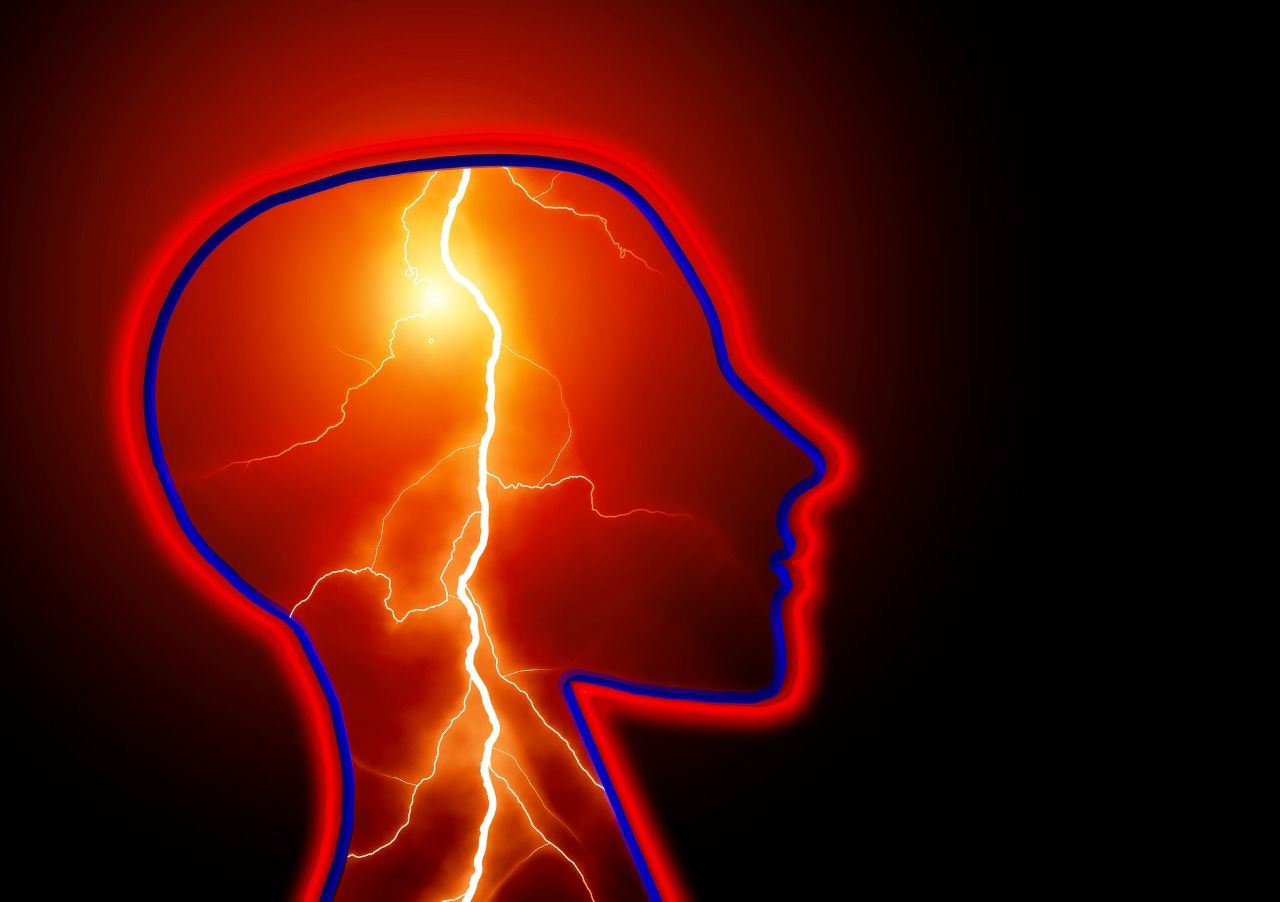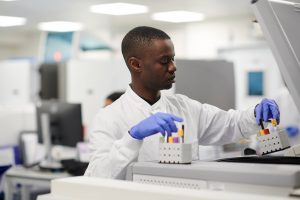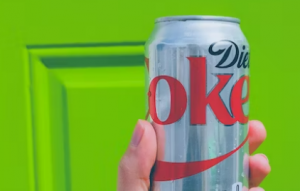In India, National Epilepsy Day is observed on November 17 every year as a day to create awareness about epilepsy. While the World Health Organization (WHO) states that about 50 million people have epilepsy across the world, there are still many misconceptions related to the disorder for instance it is contagious and can only happen to a kid.
According to the National Health Portal, Epilepsy is a chronic disorder of the brain characterized by recurrent ‘seizures’ or ‘fits’. In India, about 10 million people suffer from seizures associated with epilepsy and the condition can affect people at any age.
There are many more facts about the disorder that one should know
Misconception: Epilepsy is a mental illness.
Fact: According to the Epilepsy Foundation, epilepsy is not a psychological condition but compared to the general population, people living with the disorder are at a greater risk of experiencing depression and anxiety.
Misconceptions: It is contagious
Fact: According to WHO, epilepsy is not contagious. Although many underlying disease mechanisms can lead to epilepsy, the cause of the disease is still unknown in about 50 percent of cases globally. The causes of epilepsy are divided into the following categories: structural, genetic, infectious, metabolic, immune, and unknown.
Misconceptions: It can happen only to a child
Fact: As per John Hopkins Medicine, epilepsy is a brain condition that causes a child to have seizures. It is one of the most common disorders of the nervous system. It affects children and adults of all races and ethnic backgrounds.
Misconception: You should restrain someone having a seizure
Fact: Restraining someone during a seizure is more likely to agitate or harm that person (or you). A seizure will run its course and restraining someone will not stop or slow it down, according to the epilepsy foundation. Also, not all seizures require hospitalization.
Misconception: It’s a lifelong disorder
Fact: Epilepsy is not necessarily a lifelong condition. While there is currently no cure for epilepsy, some childhood epilepsy syndromes are ‘outgrown’ and around 70 percent of people with epilepsy will become seizure-free with medication.







